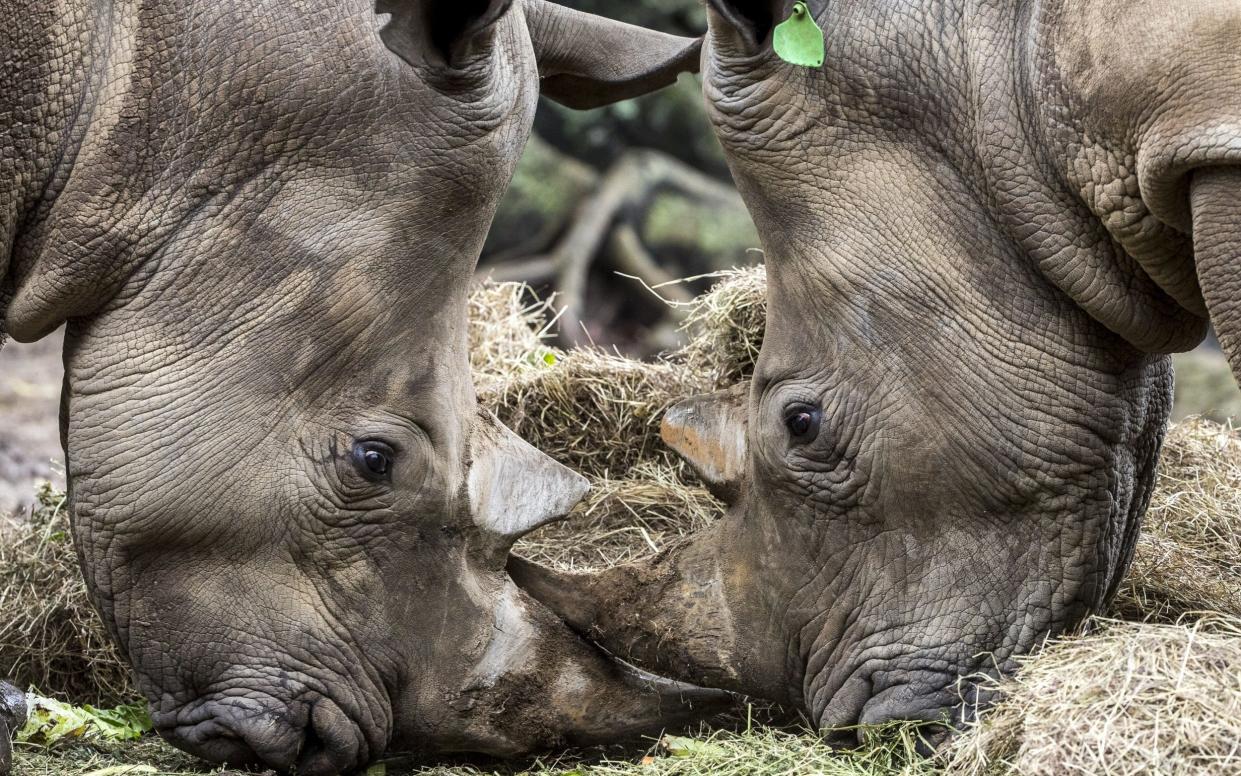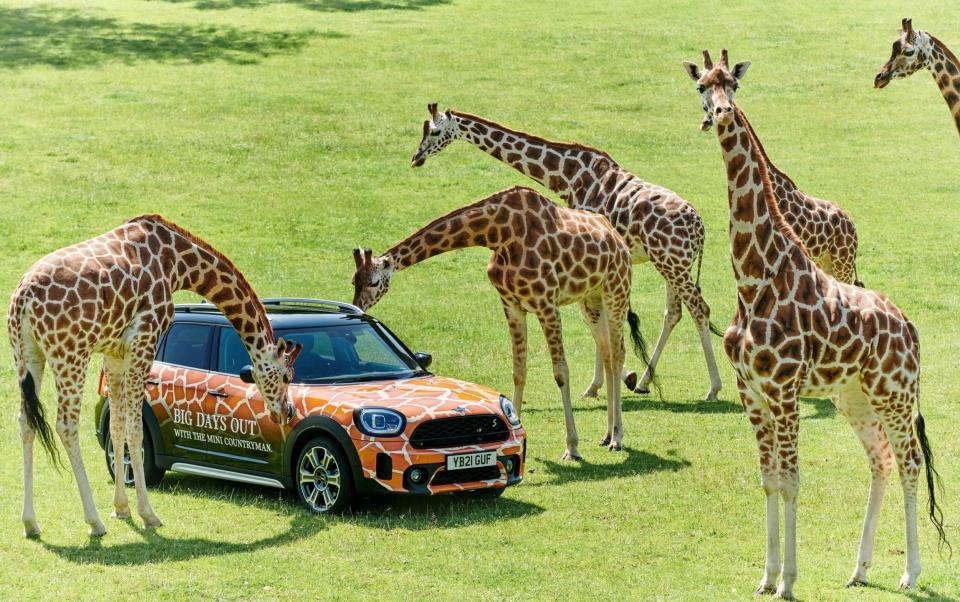Hoofed animals with high sex drives are more stressed in captivity, study claims

"Promiscuous" animals such as buffalos and pigs are more likely to become stressed in zoos, a study has found.
Five billion large hoofed animals, known as "ungulates", are kept on farms, and in zoos and safari parks, making them among the world's most commonly kept animals. But the study suggests that their captivity causes more stress if they can't mate and eat naturally.
Researchers at the universities of Aberystwyth and Portsmouth looked at the behaviour of over 15,000 hoofed animals across 38 species and found that those with more indiscriminate mating habits were more likely to show signs of stress in captivity.
Stress can be seen in "stereotypic" behaviours which are often harmful and abnormal, such as tail-biting in pigs, or "box walking" in horses, where the animal continuously paces around its enclosure.

These were more likely to be seen in "promiscuous" species such as okapi, African buffalo, yaks, sheep and the collared peccary, a pig-like mammal found in America, the study found.
Species were also at a greater risk of stress if their natural eating habits focused on "browsing" - eating from tall trees and shrubs, rather than "grazing" from the ground.
Browsing species include giraffes, camels and rhinoceroses.
"In captivity, mating and breeding are regularly controlled, with partners almost always selected based on human management, and in many instances animals of different sexes may never actually meet.
“Yet the effects of these manipulations on welfare are rarely explored," the paper says.
Sexual needs
Study co-author Dr Sebastian McBride, from Aberystwyth University, said: "When you think about these ungulate species, you think about them travelling large distances and so therefore being able to facilitate lots of locomotory movement might be quite important, and that turned out to not necessarily be the case.
"A lot of the time when you're keeping these species you're not really thinking about their sexual needs, reproductive behaviours.
"We found that maybe those species that are more promiscuous in nature have a greater tendency towards these abnormal behaviours. That's maybe something that hasn't been thought of or accounted for in the way that we keep these large herbivores.
"It's logistically difficult for sure, because especially within these captive environments you usually have some sort of conservation project to do with the mating of certain individuals with other individuals, so facilitating a promiscuous mating strategy might not always be possible."
The study was published in the journal Proceedings of the Royal Society.

